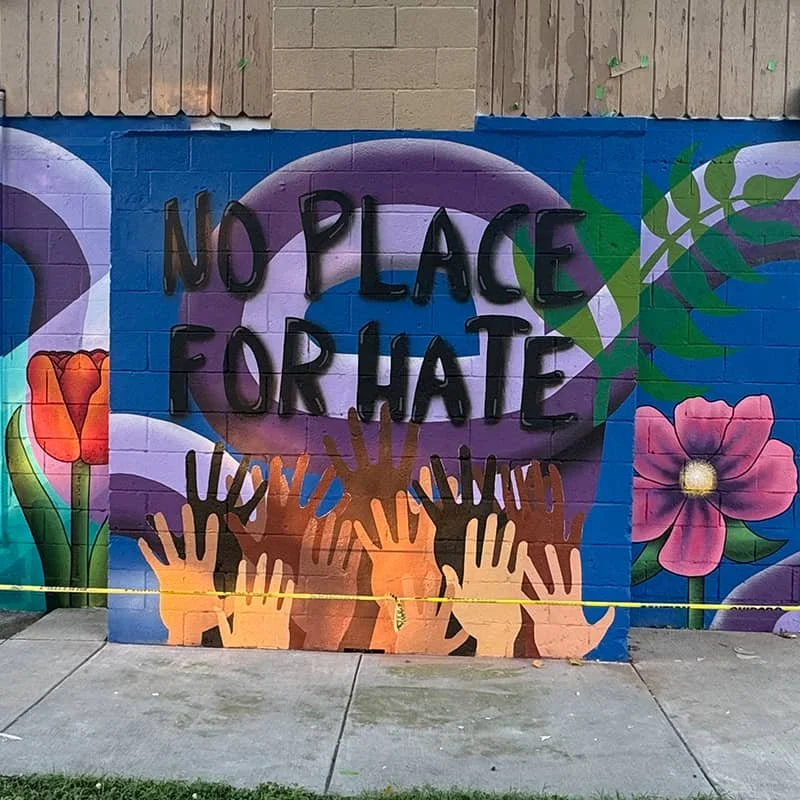
OUR VISION
We envision a future where all individuals have equitable access to the information and services they need to build a sustainable, healthy, and prosperous future for themselves and their communities.
Our Mission

OUR VALUES

OUR COMMITMENT TO DIVERSITY, EQUITY, AND INCLUSION
We pledge to be an institution that embodies the following:
Diversity – acknowledging, valuing, and learning about differences and similarities to build compassion, trust, and solidarity across groups.
Equity – working towards creating a just, inclusive, and equitable community with access to resources for all.
Inclusion – cultivating cross-cultural communication and relational skills to work across differences, and all can join in embracing a community where all feel respected and valued.
Cultural humility –seeking new ways of knowledge, fostering curiosity, and recognizing that we are both teachers and learners.
We are committed to advancing solutions to overcome barriers, helping communities demonstrate what works, and continuing the internal work to ensure we can fully partner in the challenging and critical work ahead.
OUR POSITION OPPOSING ALL FORMS OF RACISM
We acknowledge that racism and other harmful forms of discrimination and oppression have contributed to the persistent barriers that United Way seeks to break down.
We condemn racism and other forms of discrimination because they undermine the well-being and vitality of all communities.
We recognize that racial, social, and economic disparities are the result of policies and practices that marginalize and exclude entire populations of people
We understand that these disparities have existed and persist in the present.
Our United Way network strives to advance equity for all and create opportunities to improve historically underserved communities.
We work with community, public, and private partners to co-create solutions that ensure everyone has the resources, support, opportunities, and networks they need to thrive.
As we work together to address critical issues in our communities and society, we can make a difference by engaging more equitably with staff, private and public partners, and community members.
Our success in this critical time can only come from the success of the communities we serve.





